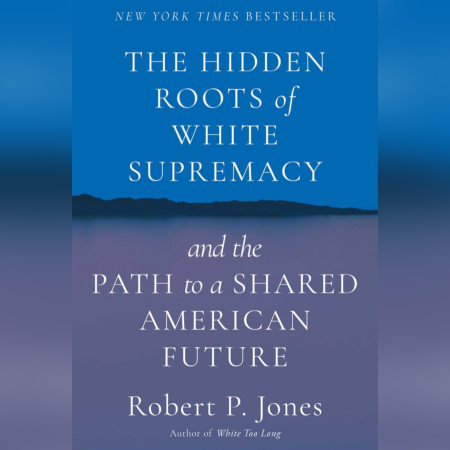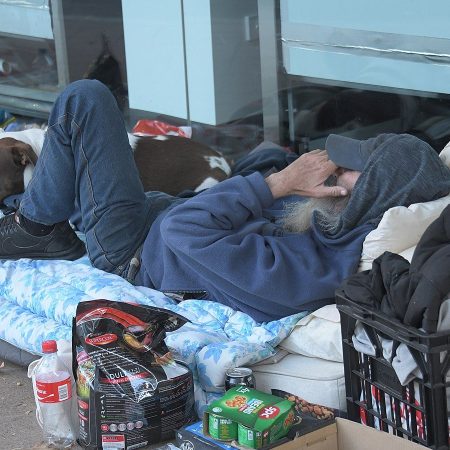Created Equal: Christian nationalism and the hidden roots of white supremacy in America
When Donald Trump says, “Make America Great Again,” what era is he referring to and which demographic is he appealing to?
Robert P. Jones, author of the New York Times bestselling book “The Hidden Roots of White Supremacy,” argues that the slogan is aimed at white Christian voters who fear a lose of cultural control.
Subscribe to Created Equal on Apple Podcasts, Spotify, Google Podcasts, NPR.org or wherever you get your podcasts.
He joined Created Equal to discuss how white Christian nationalism has steered U.S. history and politics. Jones detailed the hidden roots of white supremacy in American society; defined white Christian Nationalism and revealed its anti-democratic nature; and gave his thoughts on what needs to be done to move toward a country that truly values all its citizens equally.
“We’re living in a real moment of reckoning, and part of that reckoning is telling the truth about what happened,” Jones said.
Jones will be giving a talk on democracy, social values and the American story at 7:30 p.m. Wednesday and Thursday, Oct. 23-24, at the University of Detroit Mercy.
Use the media player above to hear the full conversation with Jones.
Guest:
- Robert P. Jones is the founder of the Public Religion Research Institute and author of “The Hidden Roots of White Supremacy and the Path to a Shared American Future.”
Listen to Created Equal with host Stephen Henderson weekdays from 9-10 a.m. ET on 101.9 WDET and streaming on-demand.
Trusted, accurate, up-to-date.
WDET strives to make our journalism accessible to everyone. As a public media institution, we maintain our journalistic integrity through independent support from readers like you. If you value WDET as your source of news, music and conversation, please make a gift today.
The post Created Equal: Christian nationalism and the hidden roots of white supremacy in America appeared first on WDET 101.9 FM.

